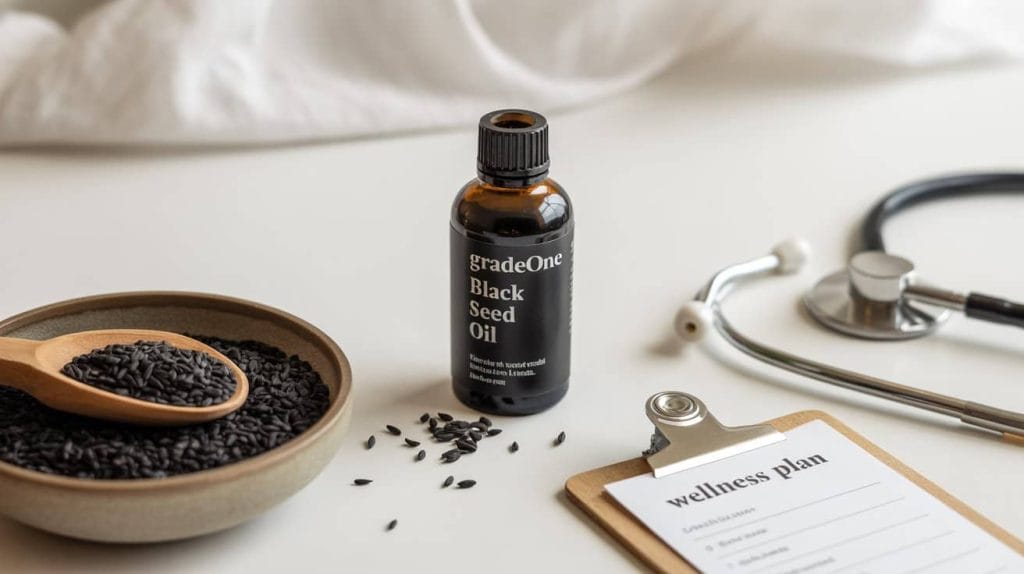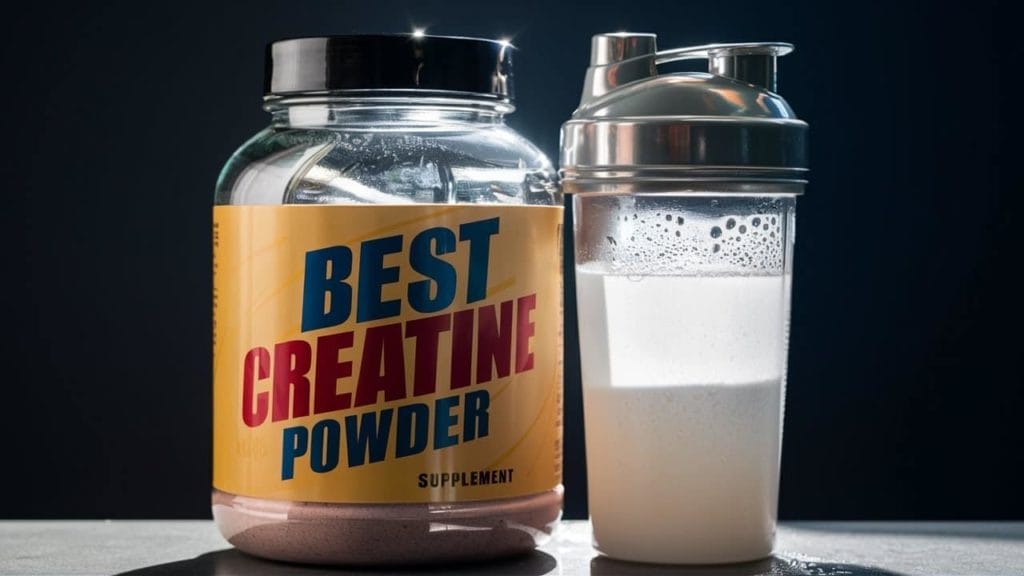Creatine is a popular supplement, widely known for its ability to enhance athletic performance and support muscle growth. However, what many people don’t realise is that the benefits of creatine go beyond the gym or sports field. Whether you’re young or old, active or sedentary, creatine can play a crucial role in supporting overall health and well-being. In this article, we explore why you should consider taking creatine supplement even if you’re not working out and how it can be beneficial for people of all ages.
What is Creatine?
Creatine is a naturally occurring compound found in small amounts in certain foods, such as red meat and fish, and is also synthesized by the body from the amino acids arginine, glycine, and methionine. Most of the creatine in the body is stored in muscles, where it plays a critical role in energy production. Specifically, creatine helps to regenerate adenosine triphosphate (ATP), the primary energy currency of cells, which is essential for various cellular processes.
Let’s Discuss The Benefits of Creatine in Detail
1. Brain Health and Cognitive Function
One of the most compelling reasons to take creatine, regardless of your physical activity level, is its potential benefits for brain health and cognitive function. The brain requires significant amounts of energy to function optimally, and creatine can help by increasing ATP availability.
- Improved Memory and Mental Clarity: Studies have shown that creatine supplementation can improve short-term memory and cognitive performance, particularly in tasks that require quick thinking and mental clarity. This can be especially beneficial for students, professionals, and older adults experiencing age-related cognitive decline.
- Neuroprotective Properties: Creatine has been found to have neuroprotective effects, helping to reduce oxidative stress and protect against neurodegenerative diseases such as Alzheimer’s and Parkinson’s. This makes it a valuable supplement for maintaining long-term brain health.
2. Energy and Fatigue Management
Creatine’s role in energy production extends beyond muscles, making it an effective supplement for combating fatigue and boosting overall energy levels, even in non-athletic individuals.
- Combatting Chronic Fatigue: For those who suffer from chronic fatigue or experience low energy levels throughout the day, creatine supplementation can help by enhancing mitochondrial function and increasing ATP production, leading to improved stamina and reduced feelings of tiredness.
- Improving Daily Performance: Creatine can provide a steady source of energy, helping you feel more alert and capable during daily activities, whether it’s at work, running errands, or spending time with family.
3. Muscle Health and Age-Related Muscle Loss
While creatine is well-known for its ability to support muscle growth in athletes, it’s also beneficial for maintaining muscle health in non-athletes, particularly as we age.
- Preventing Sarcopenia: Sarcopenia, or age-related muscle loss, is a common issue that affects many older adults. Creatine supplementation can help preserve muscle mass and strength, reducing the risk of falls, fractures, and loss of mobility.
- Supporting Muscle Recovery: Even for those who are not heavily engaged in exercise, creatine can aid in muscle recovery from daily activities or minor injuries, promoting overall muscle health and resilience.
4. Bone Health and Joint Support
Maintaining strong bones and healthy joints is crucial for long-term mobility and quality of life, and creatine plays a supportive role in these areas as well.
- Enhancing Bone Density: Research suggests that creatine supplementation may help improve bone density by increasing the activity of osteoblasts, the cells responsible for bone formation. This is particularly important for postmenopausal women and older adults at risk of osteoporosis.
- Reducing Joint Pain and Inflammation: Creatine’s anti-inflammatory properties can help reduce joint pain and stiffness, making it a useful supplement for individuals with arthritis or other joint-related issues.
5. Cardiovascular Health
Emerging research indicates that creatine may also have positive effects on cardiovascular health, making it a well-rounded supplement for overall well-being.
- Supporting Heart Function: Creatine has been shown to improve the function of the heart’s energy system, potentially leading to better heart health and reduced risk of cardiovascular disease. This is particularly beneficial for older adults or those with a family history of heart conditions.
- Lowering Homocysteine Levels: Elevated homocysteine levels are a risk factor for cardiovascular disease. Creatine supplementation has been found to lower homocysteine levels, further contributing to heart health.
6. Antioxidant Properties and Immune Support
Creatine also offers antioxidant benefits, helping to protect the body from oxidative stress and support the immune system.
- Neutralising Free Radicals: By reducing oxidative stress, creatine helps protect cells from damage caused by free radicals, which can lead to chronic diseases and accelerated ageing.
- Boosting Immune Function: Creatine’s role in cellular energy production supports immune function, helping the body to mount a stronger defence against infections and illnesses.
7. Skin Health and Anti-Aging Benefits
Creatine’s benefits extend to the skin as well, offering anti-ageing effects and improving overall skin health.
- Reducing Wrinkles and Fine Lines: Creatine has been shown to stimulate the production of collagen, a protein that maintains skin elasticity and reduces the appearance of wrinkles and fine lines.
- Improving Skin Hydration: By enhancing the skin’s moisture retention, creatine helps maintain a healthy, youthful complexion.
Why Creatine is Beneficial for All Ages
Creatine is often associated with young athletes, but its benefits extend to all age groups:
- Young Adults: For young adults, creatine supports cognitive function, energy levels, and muscle health, helping them perform better academically and in their daily activities.
- Middle-Aged Individuals: As we age, creatine helps maintain muscle mass, supports brain health, and provides energy, making it easier to stay active and engaged in life.
- Older Adults: For older adults, creatine is particularly valuable in preventing muscle loss, supporting bone health, and protecting against cognitive decline, all of which are crucial for maintaining independence and quality of life.
Conclusion
Creatine is a versatile and beneficial supplement that offers a wide range of health benefits beyond its traditional use in sports and bodybuilding. Whether you’re looking to boost your brain health, manage energy levels, protect your heart, or maintain muscle and bone health as you age, creatine can be a valuable addition to your daily regimen. By supporting overall health and well-being at every stage of life, creatine proves to be a supplement worth considering, even if you’re not working out regularly. As with any supplement, it’s important to consult with a healthcare provider before starting creatine, especially if you have existing health conditions or concerns.




